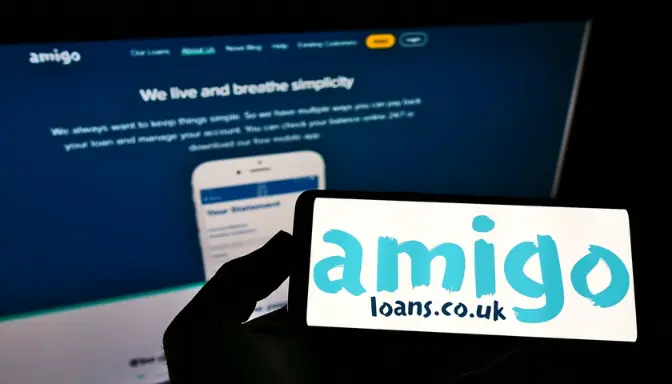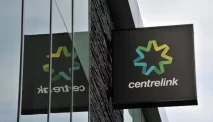The regulatory actions and investigations had a negative impact on the reputation and performance of Amigo Loans. The company faced a surge of customer complaints, which increased from 1,000 in 2018 to 25,000 in 2020. The majority of the complaints related to the mis-selling of loans, or the unfair treatment of customers in arrears.
The company also faced a rise in defaults and impairments, as many customers struggled to repay their loans due to the Covid-19 pandemic and the economic downturn. The company had to set aside £151m in provisions for customer redress and impairments in 2020, which wiped out its profits and pushed it into a loss of £38m. The company also had to suspend its dividend payments and withdraw its guidance for future earnings.
The company also faced legal disputes and boardroom turmoil, which added to its woes. The company was involved in a legal battle with its founder and former chief executive, James Benamor, who owned 61% of the company through his investment vehicle, Richmond Group. Benamor accused the company of mismanaging the business and failing to address the regulatory issues, and demanded that the company change its strategy and leadership.
Benamor also attempted to sell his stake in the company, or take it private, but failed to find a buyer or secure shareholder approval. Benamor resigned from the board in March 2020, but continued to exert pressure on the company through public statements and legal actions. The company also saw several changes in its senior management, as its chief executive, chief financial officer, and chairman all resigned or stepped down in 2020 and 2021.
The company appointed a new chief executive, Danny Malone, in September 2020, who tried to stabilise the company and negotiate a rescue plan with the regulators, creditors, and shareholders.
The Liquidation of Amigo Loans
However, the company was unable to secure the capital and support it needed to survive and continue lending. The company had been trying to raise £45m from potential equity investors, but did not receive enough interest or offers. The company also failed to reach an agreement with the FCA and its creditors on a scheme of arrangement, which would have capped the amount of compensation it had to pay to customers, and allowed it to resume lending under a new business model.






